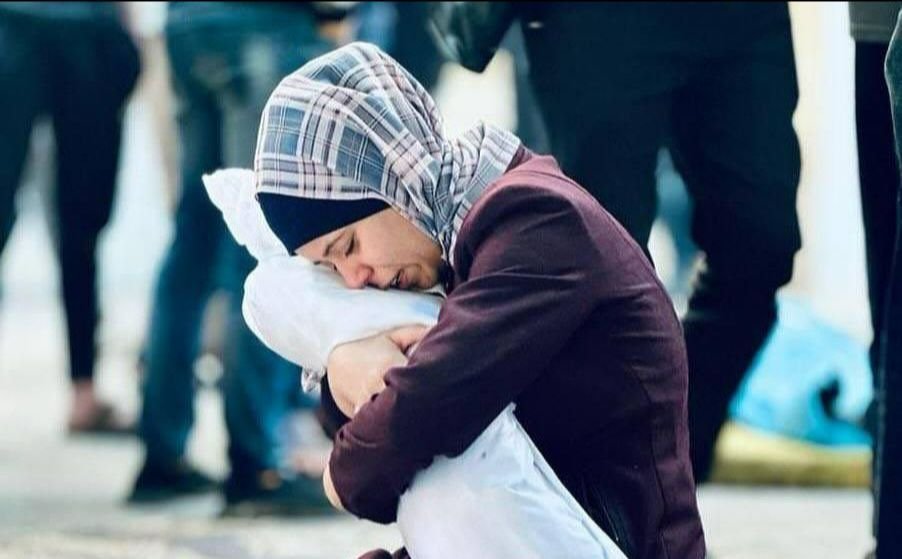Know Their Names
Source: Times of Gaza
Palestinian Children Killed in Gaza Genocide
Amidst the chaos and sorrow of Gaza, where the cries of innocent children pierce through the smoke and rubble, lies a story that demands to be heard. This narrative is not just one of tragedy but also of resilience, of lives cut short but not forgotten. The Gaza Strip, a place once vibrant with life, has become a graveyard for thousands of children, as stated by the United Nations.
Since October 7, Israeli attacks have killed at least 13,000 children, robbing them of their futures and shattering the dreams of their families. Every 15 minutes, another Palestinian child becomes a victim of this relentless violence, marking a grim statistic that reveals the magnitude of this humanitarian crisis. In less than 100 days, 1% of Gaza's children have been snatched away, leaving behind a trail of grief and anguish that stretches across the besieged territory. Thousands more are trapped beneath the rubble, their fates uncertain but their absence keenly felt. According to UNICEF, At least 17,000 children are estimated to be unaccompanied or separated from their parents in the Gaza Strip.
For those who survive, their childhoods are marred by the trauma of war and the suffocating grip of an Israeli blockade that casts a shadow over every aspect of their existence. They are children who have known nothing but fear, whose innocence has been stolen amidst the chaos of genocide.
Yet, amid the darkness, there is light – the light of remembrance, of honoring the lives lost, and of refusing to let their names fade into oblivion. As Naomi Shihab Nye poignantly writes in her poem "Jana," the beauty of these children's lives is eclipsed by the violence that surrounds them, but their stories, their bones, their flesh, and their memories, remain etched into the fabric of history. It is time to know their names, to recognize their humanity, and to stand in solidarity against the injustice that has robbed them of their right to life.
As we confront the heartbreaking reality of the children lost in the conflict, we urge you to take action in three meaningful ways:
READ their names⏤Behind every statistic lies a human story. Take a moment to honor the lives lost by reading their names. Let their identities resonate within you, reminding us all of the individuals who have been tragically taken from us.
WATCH the documentary⏤Empathy often arises from understanding. I encourage each of you to watch the documentary "Gaza’s War Through a Child’s Eye" to gain deeper insight into the lived experiences of these children and their families. Witness their struggles, their hopes, and their resilience.
REFLECT and lament with poetry⏤Poetry has a unique power to evoke emotion and provoke thought. After absorbing the documentary's narrative, we invite you to read Naomi Shihab Nye's poem "Jana." Reflect on its words, its imagery, and its message. Consider the profound questions it raises about beauty, humanity, and the impact of conflict on innocent lives.
From the poem Jana by Naomi Shihab Nye
It’s right in front of me,
I didn’t ask for it.
We’re living in the middle of trouble.
No reason not to say it straight.
They do not consider us equal.
They blame us for everything,
forgetting what they took,
how they took it.
We are made of bone and flesh and story
but they poke their big guns
into our faces
and our front doors
and our living rooms
as if we are vapor.
Why can’t they see
how beautiful we are?
The saddest part?
We all could have had
twice as many friends.

